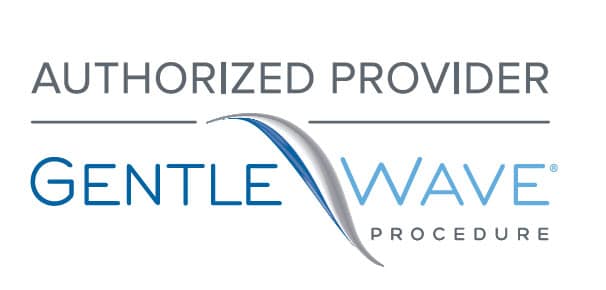
Do I Need Antibiotics Prior To Treatment?
Patients at Risk for Infective Endocaridtis
Infective endocarditis (IE), also called bacterial endocarditis (BE), is an infection caused by bacteria that enter the bloodstream and settle in the heart lining, a heart valve or a blood vessel. IE is uncommon, but people with some heart conditions have a greater risk of developing it.
In the past, patients with nearly every type of congenital heart defect needed to receive antibiotics one hour before dental procedures or operations on the mouth, throat, gastrointestinal genital, or urinary tract. However, in 2007 the American Heart Association simplified its recommendations. Today, antibiotics before dental procedures are only recommended for patients with the highest risk of IE, those who have:
- An artificial heart valve or who have had a heart valve repaired with artificial material.
- A history of endocarditis.
- A heart transplant with abnormal heart valve function
- Certain congenital heart defects including:
· Cyanotic congenital heart disease (birth defects with oxygen levels lower than normal), that has not been fully repaired, including children who have had a surgical shunts and conduits.
· A congenital heart defect that’s been completely repaired with artificial material or a device for the first six months after the repair procedure.
· Repaired congenital heart disease with residual defects, such as persisting leaks or abnormal flow at or adjacent to a prosthetic patch or prosthetic device.
*Preventive antibiotics are no longer recommended for any other congenital heart disease.
*Taking antibiotics just to prevent endocarditis is not recommended for patients who have procedures involving the reproductive, urinary or gastrointestinal tracts.
*If you still require antibiotic prophylaxis for dental treatment or oral surgery, your cardiologist may give you an American Heart Association wallet card. Show this card to your endodontist as it advises them to give you the proper antibiotic and dose.
*Notify the dentist or doctor if you (or your child) are allergic to any antibiotics or other medications.
*Brushing, flossing, and visiting your dentist regularly helps keep your smile bright and prevents tooth and gum infections that could lead to endocarditis.
Patients at Risk for Joint Replacement Infections
Given the potential adverse outcomes and cost of treating an infected joint replacement, the AAOS recommends that clinicians consider antibiotic prophylaxis for all total joint replacement patients prior to any invasive procedure that may cause bacteremia. This is particularly important for those patients with one or more of the following risk factors.
Patients at Potential Increased Risk of Hematogenous Total Joint Infection
- All patients with prosthetic joint replacement.
- Immunocompromised/immunosuppressed patients
- Inflammatory arthropathies (e.g.: rheumatoid arthritis, systemic lupus erythematosus)
- Drug-induced immunosuppression
- Radiation-induced immunosuppression
- Patients with co-morbidities (e.g.: diabetes, obesity, HIV, smoking)
- Previous prosthetic joint infections
- Malnourishment
- Hemophilia
- HIV infection
- Insulin-dependent (Type 1) diabetes
- Malignancy
- Megaprostheses
Antibiotic Prohylaxis Regimen
Please visit the U.S. Pharmacist website and the American Academy of Pediatric Dentistry website for information concerning antibiotic prophylaxis regimen.


 We Offer Laser Enhanced Root Canals with Increased Success Rate!
We Offer Laser Enhanced Root Canals with Increased Success Rate!